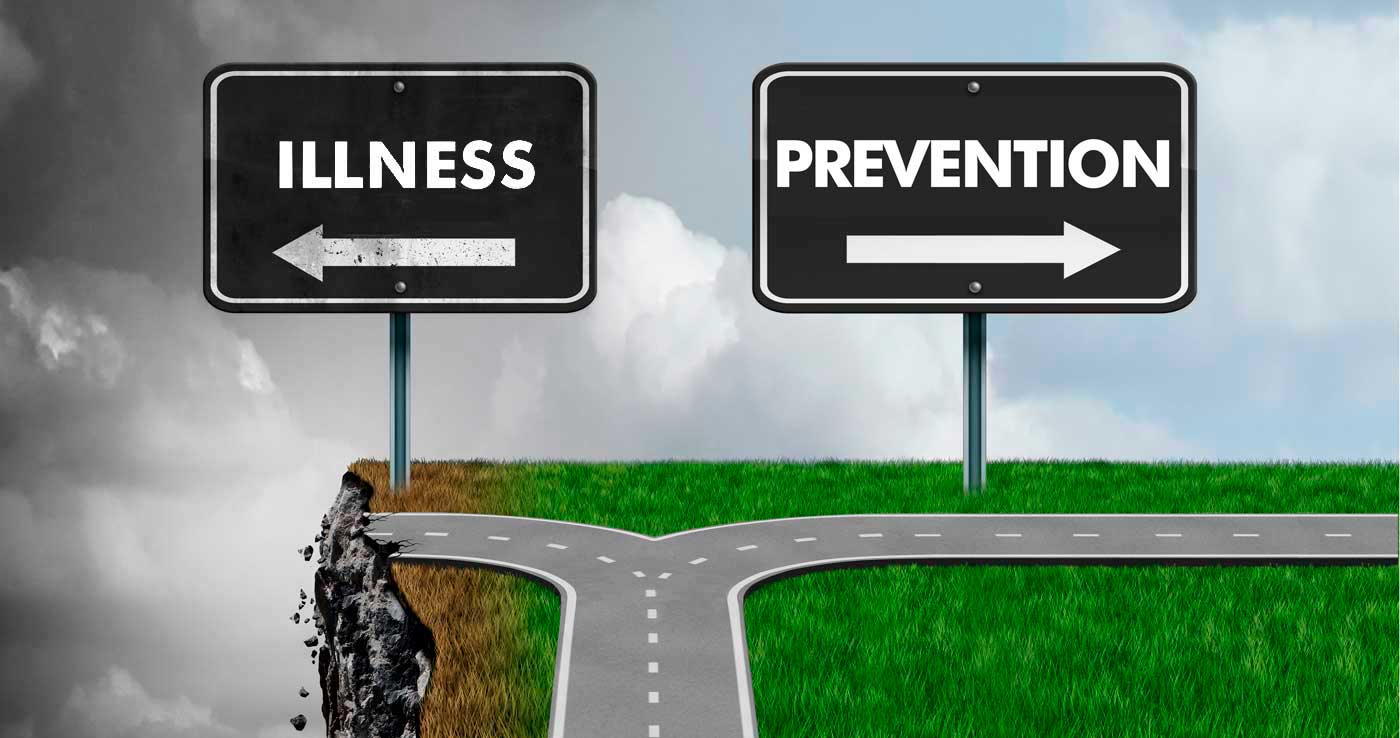Men's Health
Changes in the male reproductive system with aging can include changes in testicular tissue, sperm production, and erectile function. These changes usually occur gradually. Unlike women, men do not experience a major and rapid change (over several months) in their fertility as they age (such as menopause). Instead, the changes occur gradually during a process that some people call andropause.
The changes due to aging in the male reproductive system occur mainly in the testicles. The tissue mass decreases. The level of the male sex hormone, testosterone, gradually drops. There may be problems getting an erection. This is a general slowdown, rather than a total lack of functionality.
The prostate enlarges with age as part of its tissue is replaced by scar-like fibrotic tissue. This condition, called benign prostatic hyperplasia (BPH), affects about 50% of men. BPH can cause slow urination and ejaculation problems. In both men and women, changes in the reproductive system are closely related to changes in the urinary system.
Many of the age-related physical changes, such as an enlarged prostate or testicular atrophy, must be treated as health problems. Like hypertension and diabetes, these can also be prevented.
Andropause is a process by which sexual functions decrease with age the like other organic functions, as a result of low levels of testosterone in the body, or by malfunction of testosterone receptor. For this reason, the quality of life decreases and there are a series of problems among which are: loss of energy, fatigue, decreased ability to concentrate and memory, depression, lack of motivation, irritability, muscle weakness, decreased desire or sexual impotence, decreased physical stamina, insomnia, weight gain, dry skin, osteoporosis, joint pain, and decreased height.
Prostate cancer and heart disease are potential risks from this hormonal imbalance.
Proper functioning of the organs depends on the proper functioning of their cells. Older cells tend to be less efficient with age. Also, in some organs cells die and are not replaced; therefore, the number of cells decreases. The number of cells in the testes, ovaries, liver, and kidneys decreases markedly with age. When the number of cells becomes too low, the organ does not function normally. Therefore, most organs become less efficient with age. However, not all organs lose the same number of cells. The brain is an example of that. Healthy older people don’t lose a lot of neurons.
Deterioration in the function of one organ due to disease or aging can affect the function of another organ. For example, if atherosclerosis narrows the blood vessels in the kidneys, they will decrease in function because of reduced blood flow.
Often the first signs of aging are noticed in the musculoskeletal system. Then the eyes followed by the ears begin to change in early adulthood. Most of our internal functions also decrease with age. Our bodily functions reach their highest value shortly before age 30, and from then on a gradual but steady decline begins. Despite this decline, most of the functions remain correct because most organs have a functional capacity considerably higher than that required by the body (functional reserve). For example, if half of the liver is destroyed the remaining tissue is more than enough to maintain normal function. Therefore, it is diseases rather than normal aging, that explain the loss of functional capacity in advanced ages.
Some organs are more prone to malfunction than others; These organs include the heart and blood vessels, the urinary organs (such as the kidneys), and the brain.
